The sixth and final Diversity in Science event was a final panel discussion about lived experiences, and workshop about taking action.
Over the last five events, we heard about the importance of diversity in science, however, most of this has been abstract: lectures, statistics and data. In our final event, we hoped to bring these issues ‘to life’. Three panelists discussed their own lived experiences with bias in academia, and how their different identities have influenced their careers. Following the panel discussion, Amsterdam United, an intersectional student platform at UvA (http://www.amsterdamunited.org/) gave a workshop on how to take action.
(We hope) that through these six events, you have learned many ways in which bias pervades science and academia — from the education system to interpretation of data, to the questions we ask in our research. We hope this knowledge will inspire you to act on these issues. For this reason, our final event aimed to help you create actionable items to continue to create change.
Our panelists:

Ouafa Dahri is a PhD student at the LUMC Department of Anatomy and Embryology. Before starting her PhD, Ouafa was part of the diversity and inclusion research team of the educational center of UMC Utrecht. Here she was involved in developing a course regarding bias in biomedical sciences. The aim of the course is to make future researchers aware of the prejudices that we all have and how to consciously deal with them when we design and conduct our research.
.
.
.
.

Eline Pollaert (she/her) currently works as an independent researcher and advisor in the field of diversity, inclusion and disability justice. She worked at various Diversity Offices within Dutch universities and will be starting a PhD in Disability History in 2022. Activism is central to Eline’s work, including co-hosting Ziek. De podcast and membership of the Dutch disability justice collective Feminists Against Ableism.
.
.
.

Dr. Kaela S. Singleton is a Black multiracial Queer woman born in Texas and raised in Grayson, Georgia. She earned her Ph.D. in neuroscience from the Interdisciplinary Program in Neuroscience at Georgetown University in May 2020. She is currently working as a postdoc in the Faundez lab at Emory University as well as an adjunct professor in biology at Agnes Scott College. Kaela is the President-Elect and Co-Founder for Black In Neuro, an international organization becoming a non-profit that focuses on celebrating Black scholars in neuro-related fields. Through social media and public outreach, Kaela hopes to promote diversity, equity, inclusion, representation, and accountability (DEI & RA) within the scientific community.

